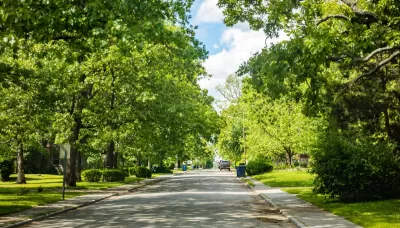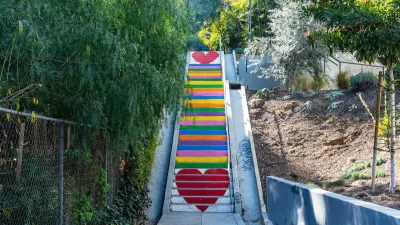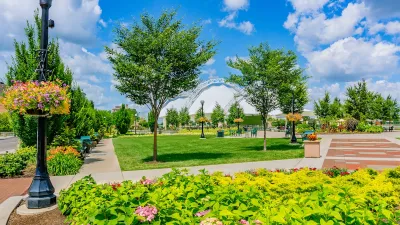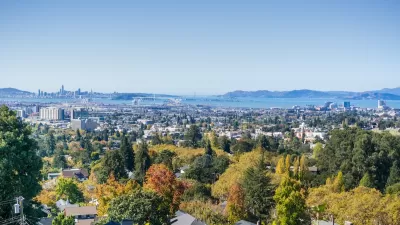Tree-D Fusion, an AI-driven tool developed by MIT and Purdue researchers, generates 3D models of urban trees to help city planners visualize future green spaces, address climate challenges, and enhance urban livability and sustainability.

Tree-D Fusion, a groundbreaking system developed by researchers including the Massachusetts Institute of Technology (MIT)'s Sara Beery and Purdue University's Jae Joong Lee, uses AI to create 3D models of urban trees from 2D images, such as those from Google Street View. This tool leverages species- and environment-specific data to simulate realistic tree growth and predict how urban forests will evolve over time. Beyond visualizing the future of green spaces, the system offers cities a "living digital forest" to monitor environmental stresses and assess tree health, helping urban planners proactively manage tree growth and avoid issues like interference with power lines.
The technology also addresses broader urban challenges, such as combating the heat island effect and improving city livability amid climate change. By mapping intricate shade patterns and envisioning future green spaces, Tree-D Fusion enables planners to strategically cultivate urban forests that can cool cities and mitigate heat buildup. These efforts align with studies showing that access to green spaces significantly impacts public health, life expectancy, and social equity, emphasizing the importance of incorporating urban forestry into city planning.
Looking to the future, the creators of Tree-D Fusion aim to scale the platform globally, using AI insights to promote biodiversity, sustainability, and ecosystem health. Alongside complementary research, such as studies on the number of trees needed to cool cities like Los Angeles, the system exemplifies how technology can merge with ecological science to create greener, more resilient urban environments that benefit both people and the planet.
FULL STORY: Hey Google: Data Scientists Use AI to Plant New Forests in the Cities

Rethinking Redlining
For decades we have blamed 100-year-old maps for the patterns of spatial racial inequity that persist in American cities today. An esteemed researcher says: we’ve got it all wrong.

Planetizen Federal Action Tracker
A weekly monitor of how Trump’s orders and actions are impacting planners and planning in America.

Walmart Announces Nationwide EV Charging Network
The company plans to install electric car chargers at most of its stores by 2030.

New State Study Suggests Homelessness Far Undercounted in New Mexico
An analysis of hospital visit records provided a more accurate count than the annual point-in-time count used by most agencies.

Michigan Bills Would Stiffen Penalties for Deadly Crashes
Proposed state legislation would close a ‘legal gap’ that lets drivers who kill get away with few repercussions.

Report: Bus Ridership Back to 86 Percent of Pre-Covid Levels
Transit ridership around the country was up by 85 percent in all modes in 2024.
Urban Design for Planners 1: Software Tools
This six-course series explores essential urban design concepts using open source software and equips planners with the tools they need to participate fully in the urban design process.
Planning for Universal Design
Learn the tools for implementing Universal Design in planning regulations.
City of Moorpark
City of Tustin
City of Camden Redevelopment Agency
City of Astoria
Transportation Research & Education Center (TREC) at Portland State University
Regional Transportation Commission of Southern Nevada
Toledo-Lucas County Plan Commissions





























